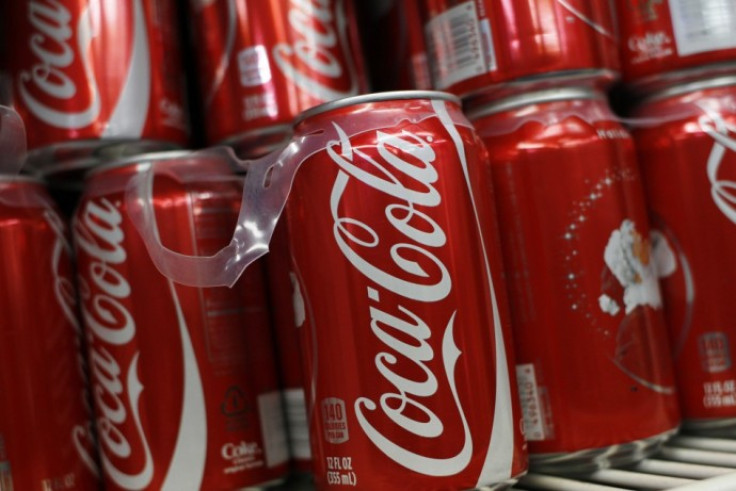Stephen Foster: Coca-Cola and McDonald's travails - how the mighty marketers have fallen
The US economy is once again leading the world, outperforming every other Western economy – and most in the world outside.
But two of its bellwether companies – Coca-Cola and McDonald's – most assuredly are not.
These are two of the small number of companies – in the pre-digital age anyway – that most observers felt had cracked it. Their first mover status in their respective markets, backed by huge marketing and advertising budgets, had made them seemingly impregnable.

But now both are reeling from flat sales and falling profits, hitherto unheard of for either, whatever their other difficulties. And, in the UK at least, their prospects may be about to get worse as the Labour Party, still the most likely to form a government following the May General Election, plots a ban on TV ads for "unhealthy" products before the so-called 9pm "watershed". This assumes that kids still go to bed before 9pm, of course, and don't watch programmes on their multifarious devices.
While the commercial fortunes of Coke and McDonald's are product-related – people are turning away from mass-produced foods and sugary drinks – they also show how changes in the world of marketing and advertising have affected some huge global brands.
Time was when the likes of Coca-Cola and McDonald's could dominate markets by seeming to be the biggest brands out there. If you watched TV, which most people around the world with access to a set did, the only game in town seemed to be Coca-Cola or McDonald's.
TV ads were only available on a relatively small number of channels, which tended to be the ones with the highest ratings/biggest audiences, and Coca-Cola and McDonald's ads were inescapable. Both companies spent a much bigger proportion of their annual revenues on marketing than most companies – and it showed.
Coke, some readers might recall, averred that "I'd Like To Teach The World To Sing" in a famous 1970s ad from the McCann Erickson agency that seemed to sum up its global ambition and influence.

"Coca-Cola Diplomacy" became shorthand for the growth of American power and influence around the world. Back in the 1950s, when McDonald's rose to prominence (Coke had been around since the turn of that century), the US secretary of state (foreign secretary equivalent) at the peak of the Cold War was a former Procter & Gamble executive, purveyors of Ivory soap and Tide washing powder among others and another marketing giant.
Things don't change that much. Wendy Clark, Coke's marketing supremo in North America, has just taken leave of absence from the company to help Hillary Clinton with her bid for the Democratic nomination in the forthcoming presidential round. But the status of some of these hitherto mighty companies has.
In part, this is because the rules of marketing have changed. You can no longer tell consumers what to do via your dominance of paid-for advertising media. There's ad media all over the place – most notably "free" video such as YouTube and its imitators – alongside the huge influence of social media like Facebook and Twitter, where what consumers really think actually matters. And is, largely, out of the control of even the companies with the biggest marketing budgets.
Coke and McDonald's are trying. McDonald's has recently set about revamping its US operations and image with the help of newly appointed ad agency Leo Burnett. But it's still sticking with its largely unloved slogan "I'm Lovin' It", showing, once again, that big companies find it really difficult to change in big ways.
Coke's latest wheeze is the launch of Fairlife "super-nutritious" milk, which the company describes as the "premiumisation of milk". Will consumers fall for this one?
Back in the day – in the 1970s, for example – they might have done. Will the Facebook and Twitter generation take the world's most famous fizzy drink's advice about milk?
There's clearly more work to do before these marketing giants regain their crowns. If they ever do.
© Copyright IBTimes 2024. All rights reserved.






